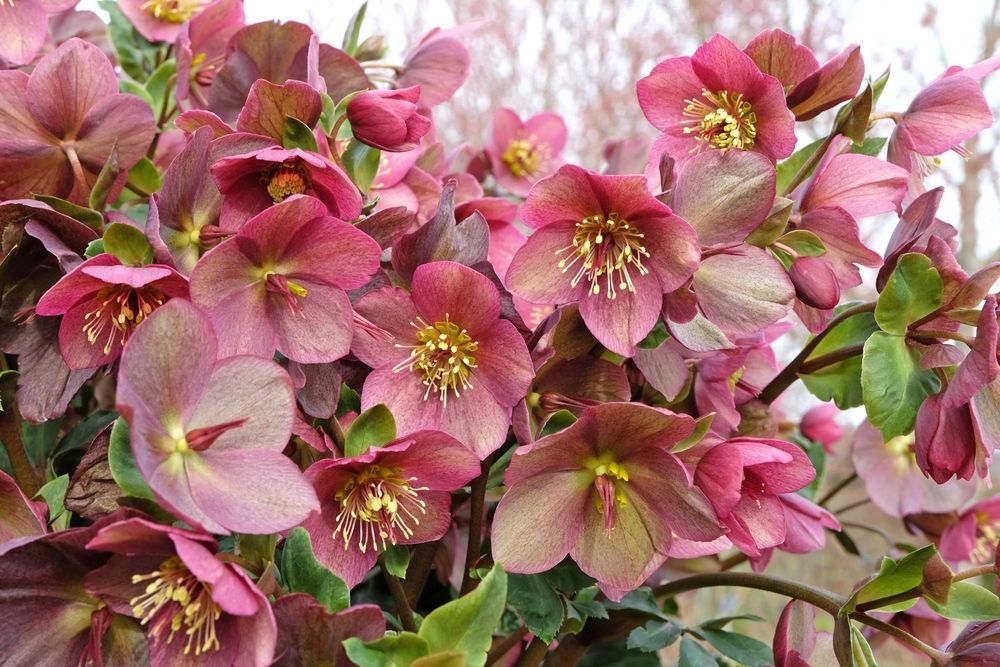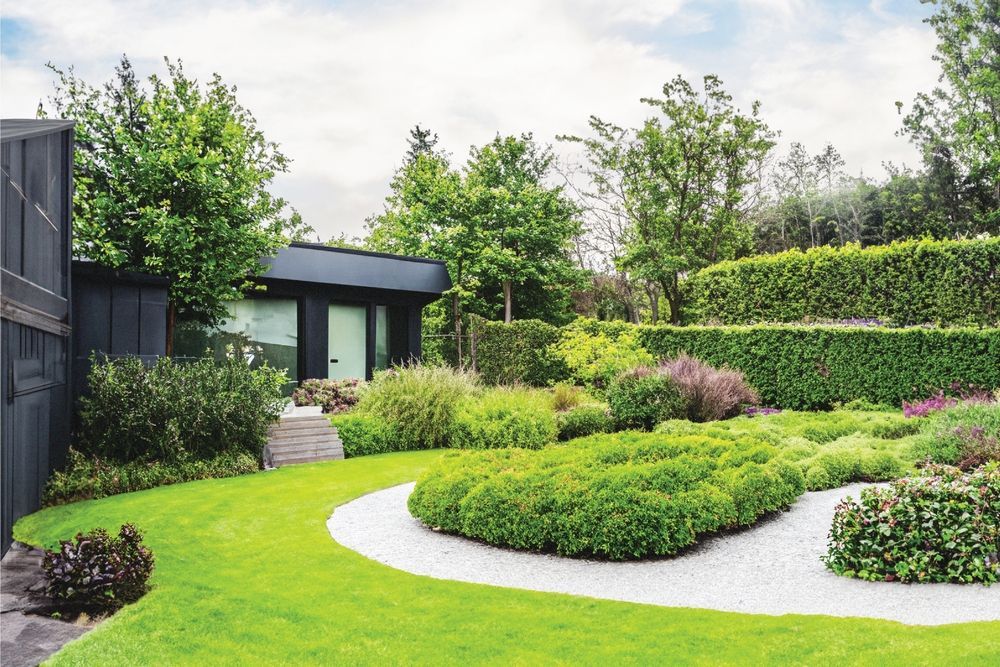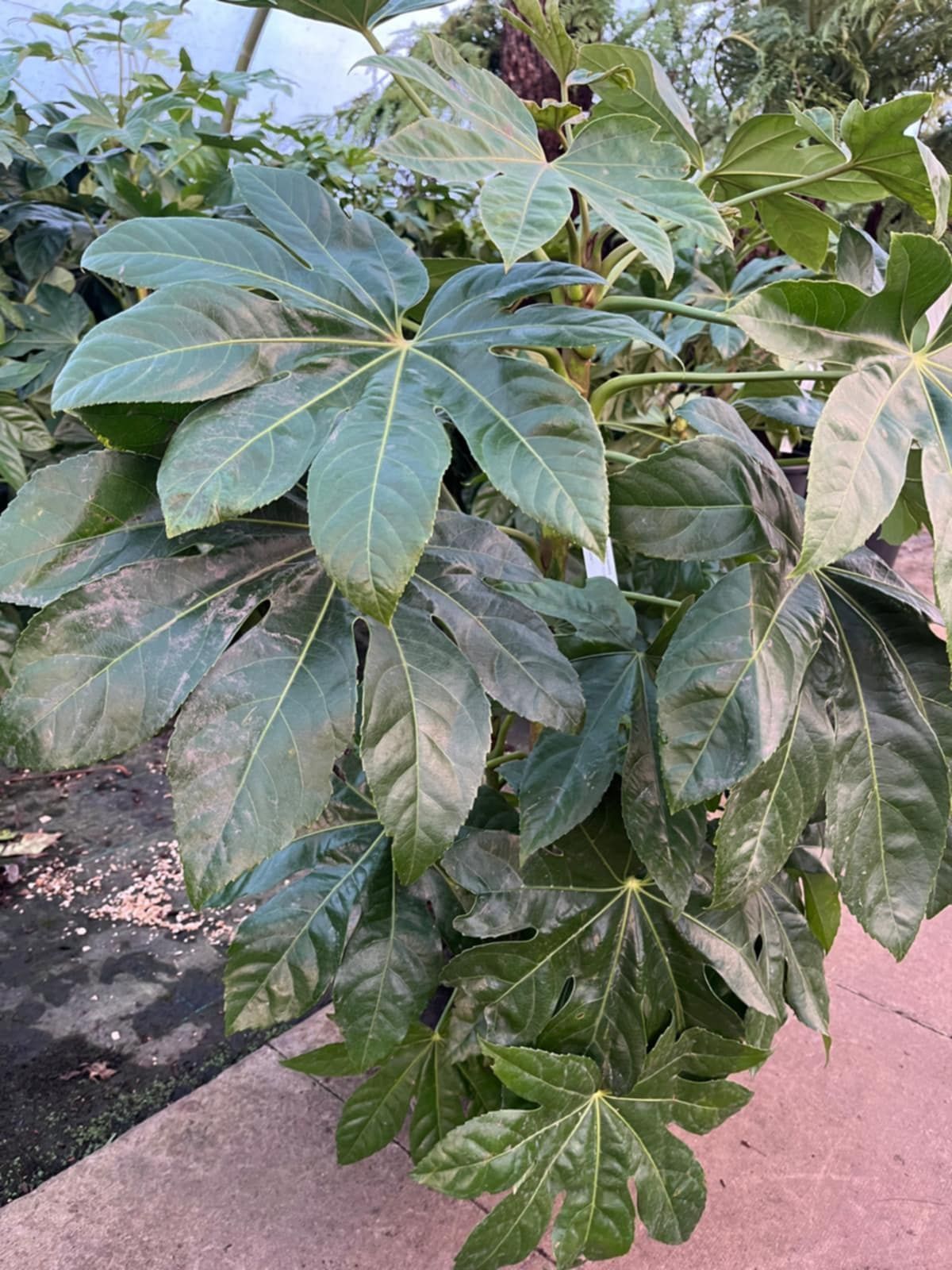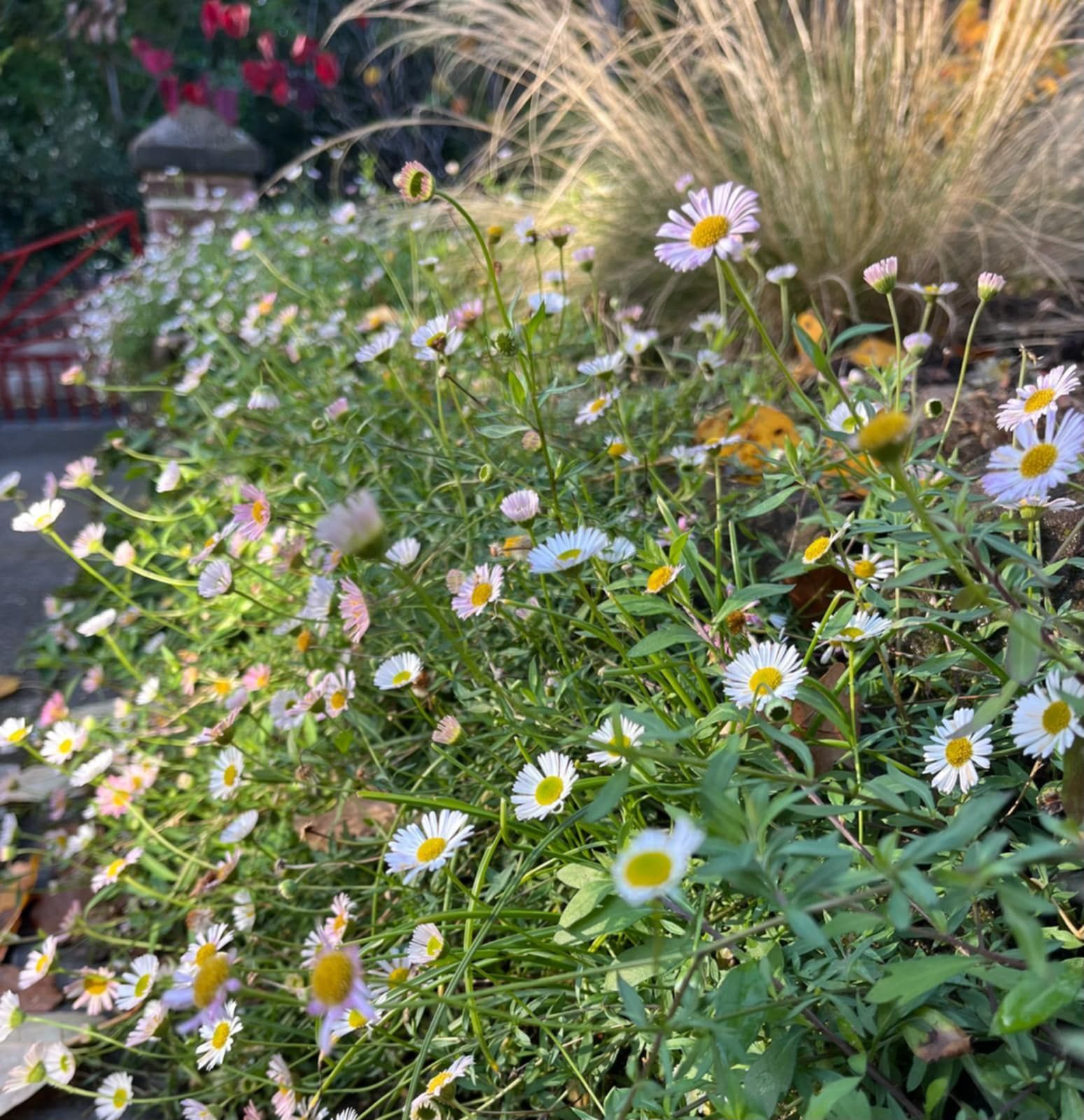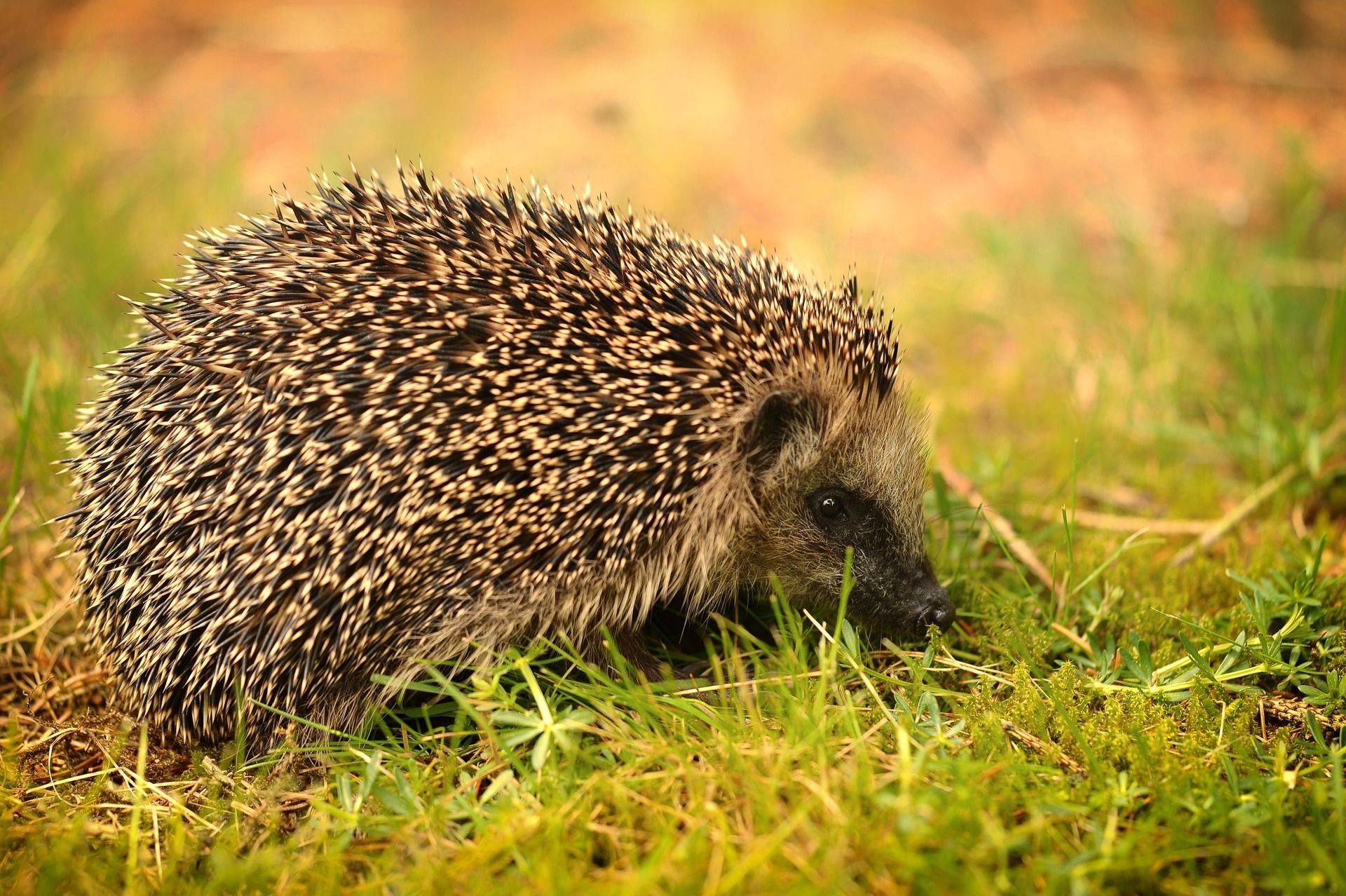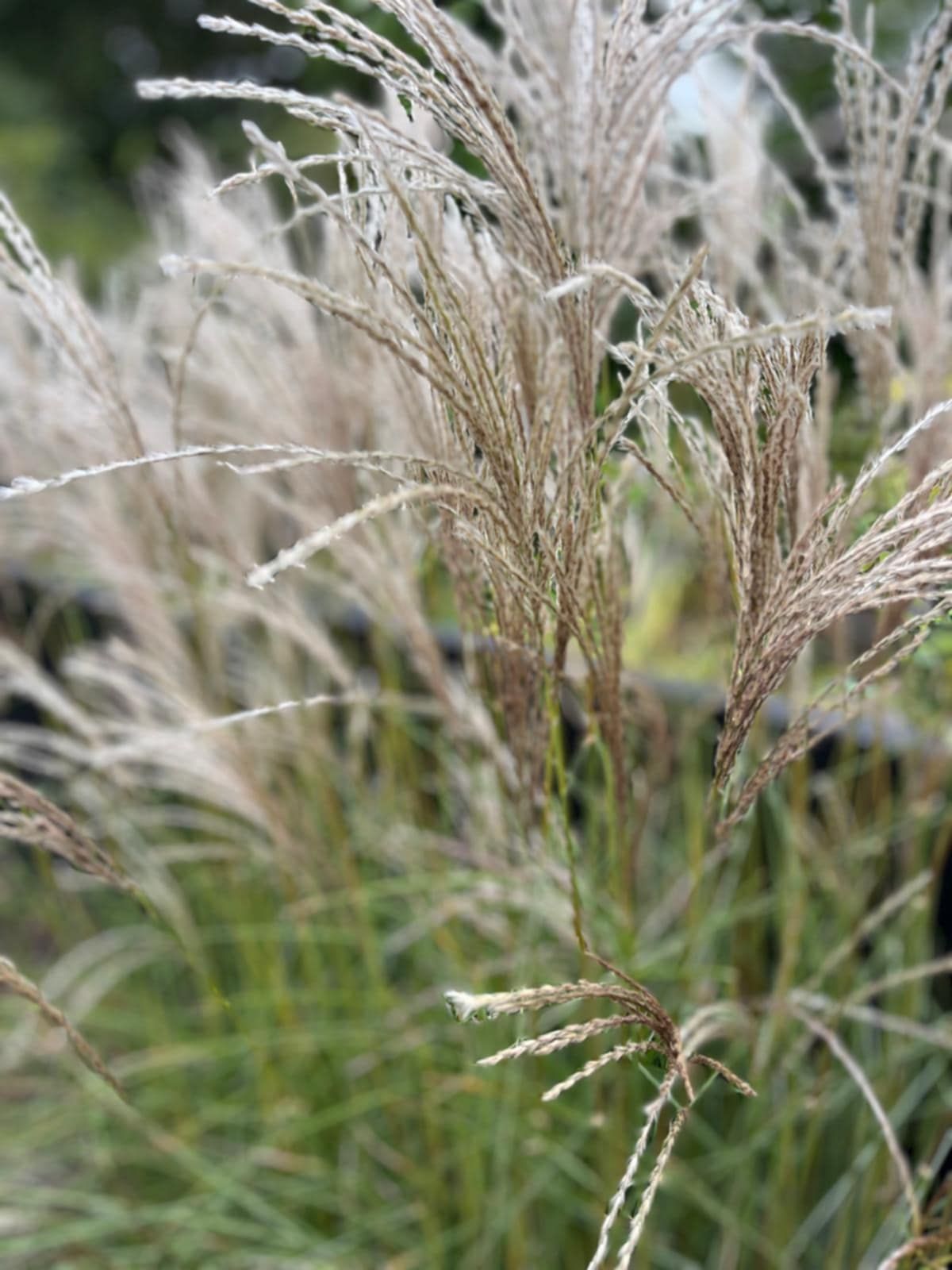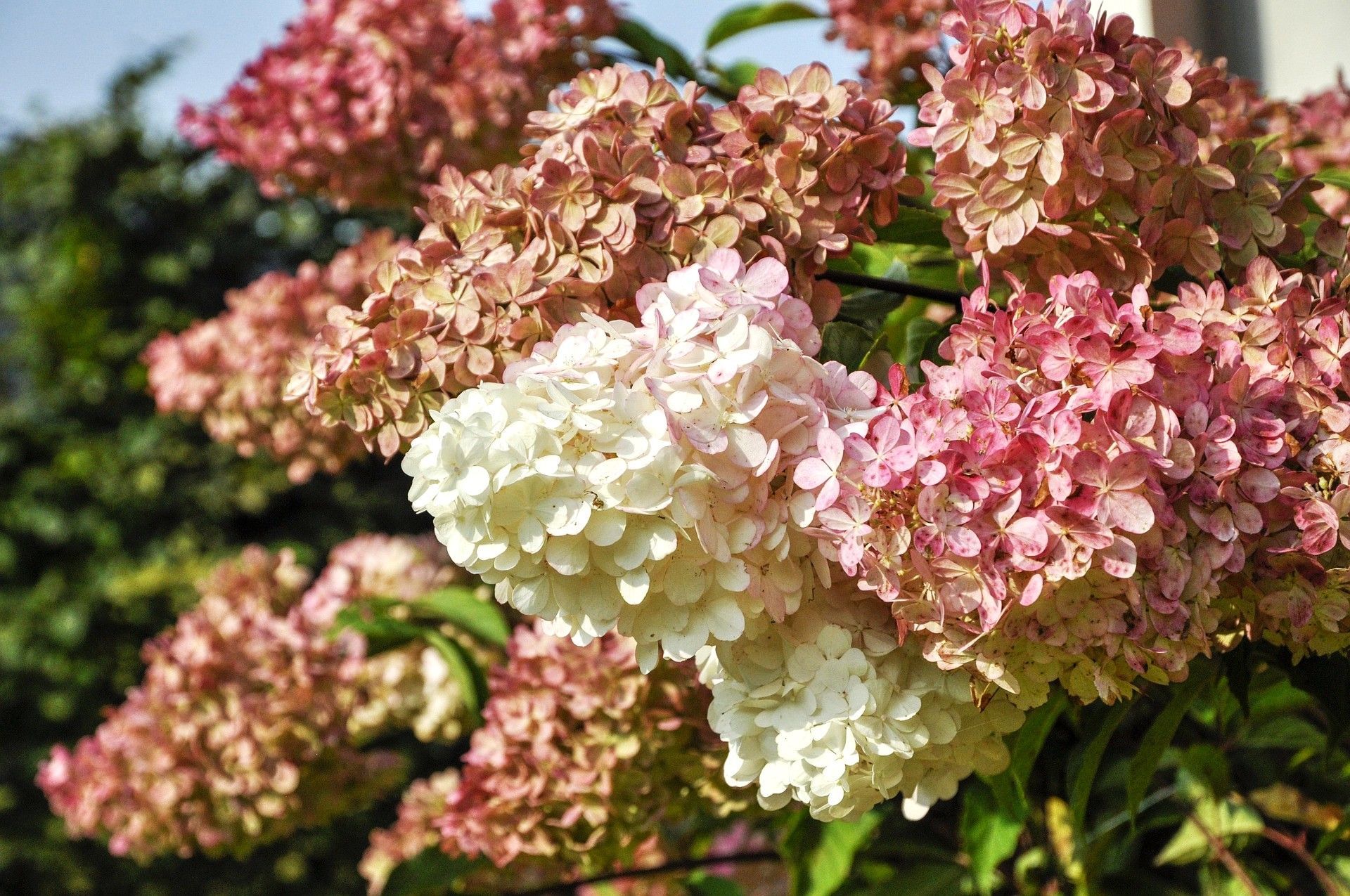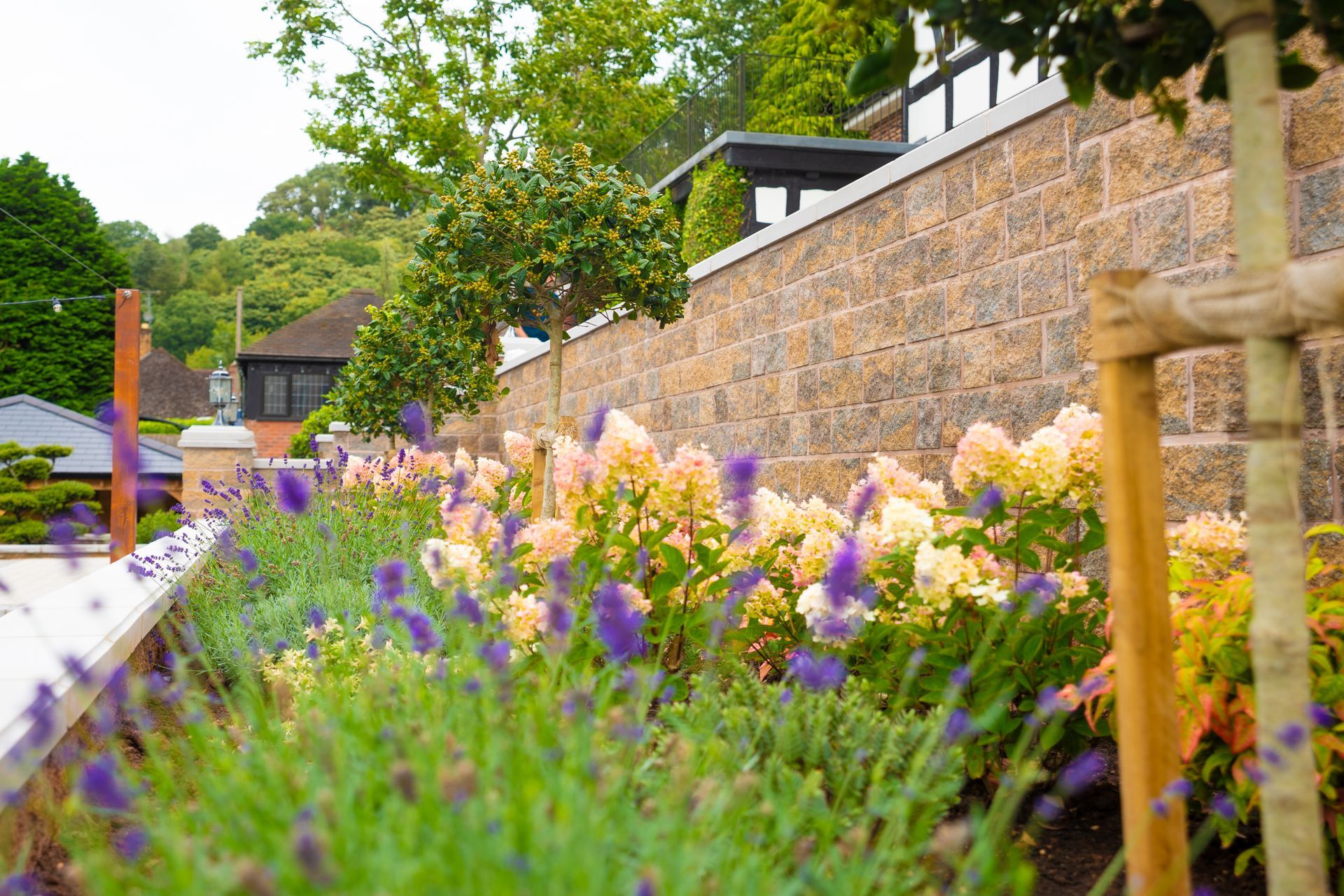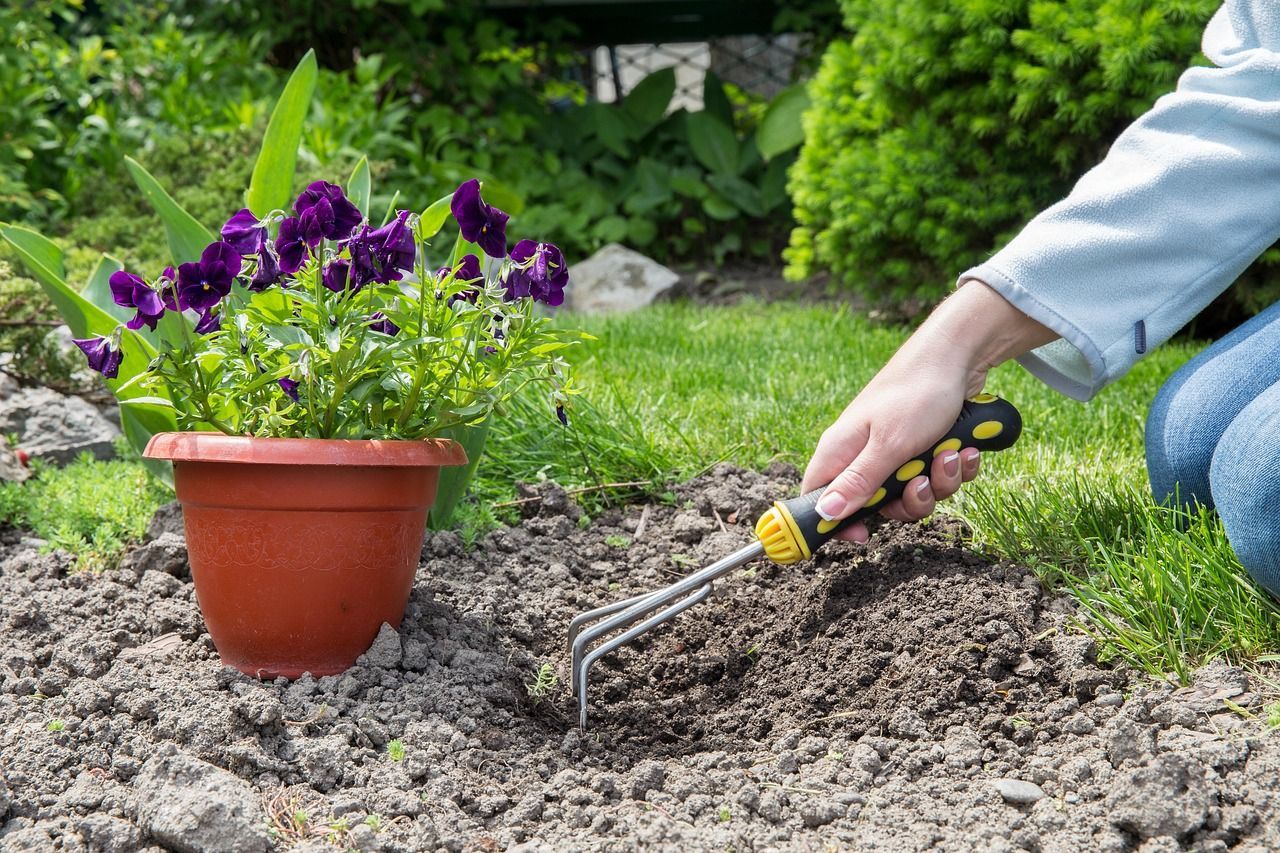Loving The Sun With A South-Facing Garden
Loving the sun with a south-facing garden

The amount of sunlight a garden receives can vary widely depending on whether the land is facing north, south, east or west.
And it’s not just the sunlight that varies, as the direction of a garden can influence the garden's temperature, the intensity of light and how moist or dry the soil is. That’s why, one of the first aspects we take into consideration when visiting a new customer, is which direction the garden faces!
South facing gardens are popular with homeowners, due to how they can be flooded with warm sun and lots of natural light during the warmer months. The natural light and warmth associated with south-facing gardens can also enhance the energy efficiency of a home by increasing the amount of natural light and warmth that enters the living spaces, potentially resulting in less artificial lighting and heating being required.
South-facing gardens can also be popular with gardeners, as the warmer south-facing areas can help extend the growing season for flowers, fruits and vegetables.
The key to a flourishing garden is to understand the unique conditions of your space and choose a design that works in harmony with it.
Designing a garden for a south-facing space opens up a world of vibrant possibilities. In this blog post, we’ll talk about 5 tips that can help you create an ideal south-facing garden.
1. Bask in the sun with perennials and annuals
Sun-loving perennials can be the backbone of a south-facing garden. Lavender, with its fragrant purple spikes can thrive in full sun, offering both beauty and a soothing aroma. Echinacea and Rudbeckia (black-eyed Susan) bring a splash of colour and attract pollinators that are vital for a healthy garden ecosystem. And by integrating bulbs such as Alliums and Camassia, it’s like planting a carpet of continuous colour. You could even plant some beautiful sunflowers to see how high they can grow.
2. Grow your own!
South-facing gardens are ideal for growing your own fruits and vegetables. Tomatoes, peppers and squash can benefit from extended sun exposure. You might also want to consider adding a herb garden. Basil, thyme and rosemary are herbs that prefer sunny spots, and are very useful as you can then use them to enhance your cooking. Rosemary bushes not only add greenery, but also bring some fragrance (and bees) to a garden.
3. Create shade with shrubs and trees.
Shaded areas in a south-facing garden are essential for both plant, pet and human comfort. To offset some of the sunshine, it can help to incorporating shrubs and small trees such as Amelanchier to provide structure, as well as much needed shade. Small fruit trees, such as apple or pear trees can be a delightful addition, offering spring blossoms and autumn fruits that can be made into delicious dishes.
4. Not everything loves the sun!
The beauty of planning your south-facing garden is that you can help those elements that can’t survive with too much sun, by using taller plants or grasses like Calamagrostis to provide some intermittent shade.
5. Implement a dedicated care routine
South-facing gardens can dry out quickly due to the sun, so help your plants receive the moisture they need. The intense sun can deplete soil nutrients, as well as moisture, so enhance your garden's soil with organic matter and mulch to improve moisture retention and soil health. Regularly adding compost can also provide the necessary nutrients for your plants to thrive in a south-facing garden.
Finally, if your south-facing garden is prone to being exposed to wind, incorporate some windbreaks in your design, such as hedges, trees or fences to protect your garden and prevent delicate plants being destroyed.
We hope these tips are useful, as a well-designed south-facing garden can help to add aesthetic appeal to a property. The potential for vibrant plant life, along with thoughtfully placed seating areas, water features and other landscaping elements, can create a visually stunning and enjoyable outdoor area.


